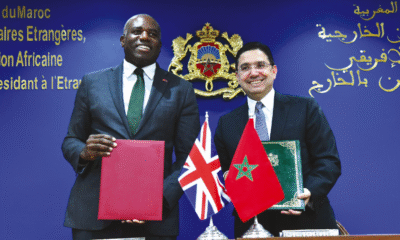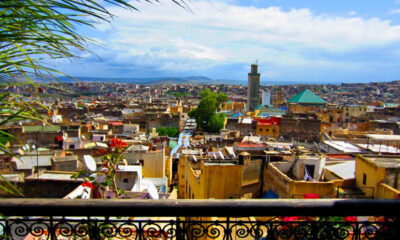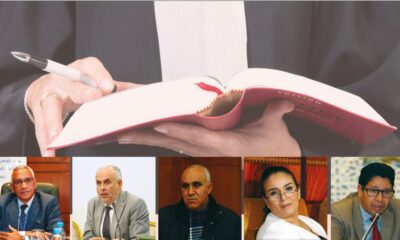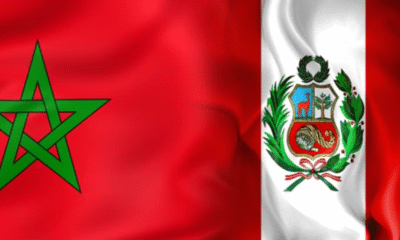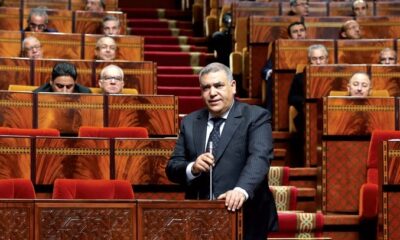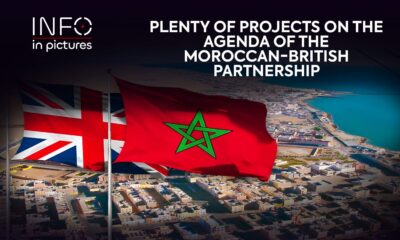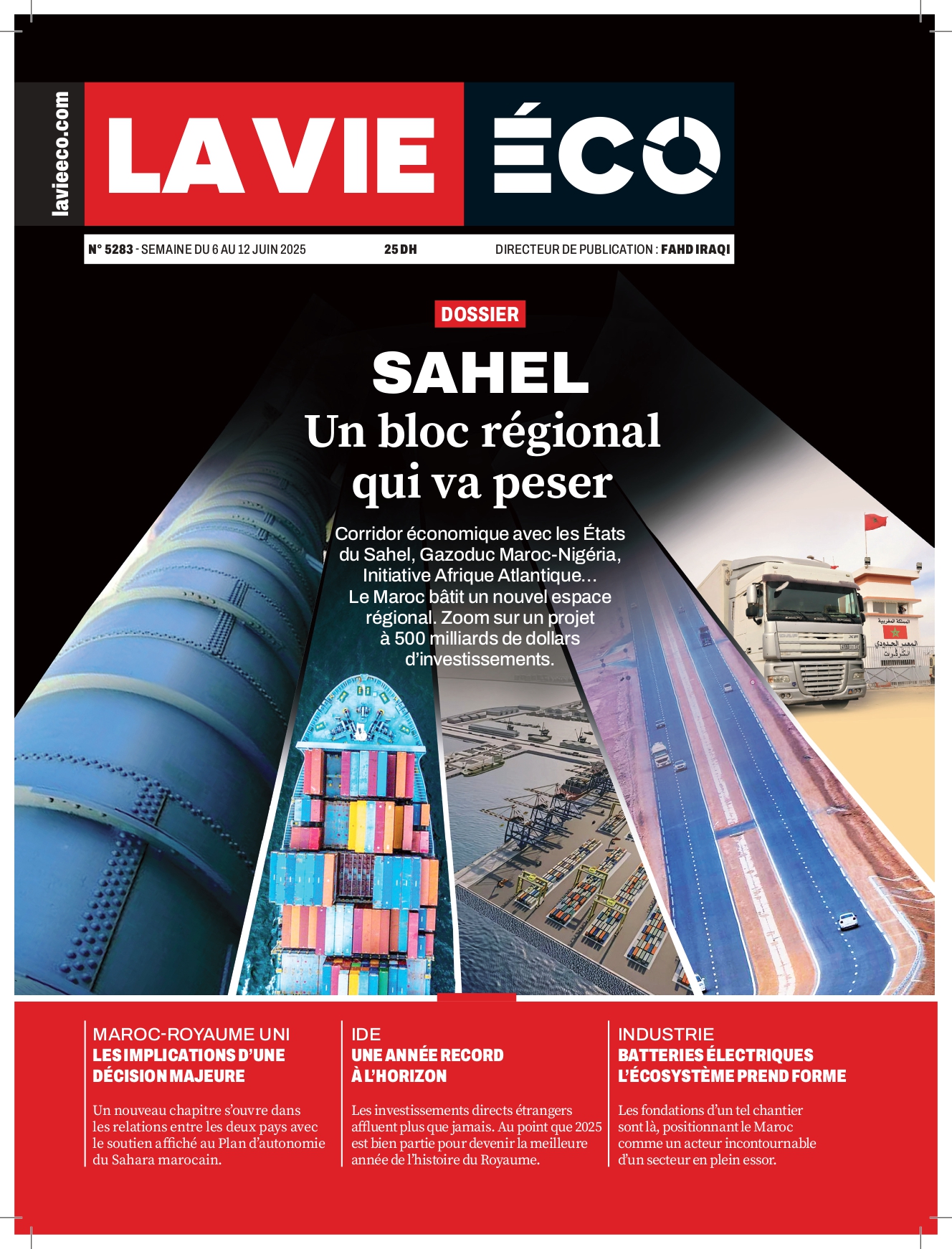Kingdom
The World Gathers in Morocco for Road Safety
The global elite of road safety convened in Marrakech. A major international event set to be marked by the ‘Marrakech Declaration’
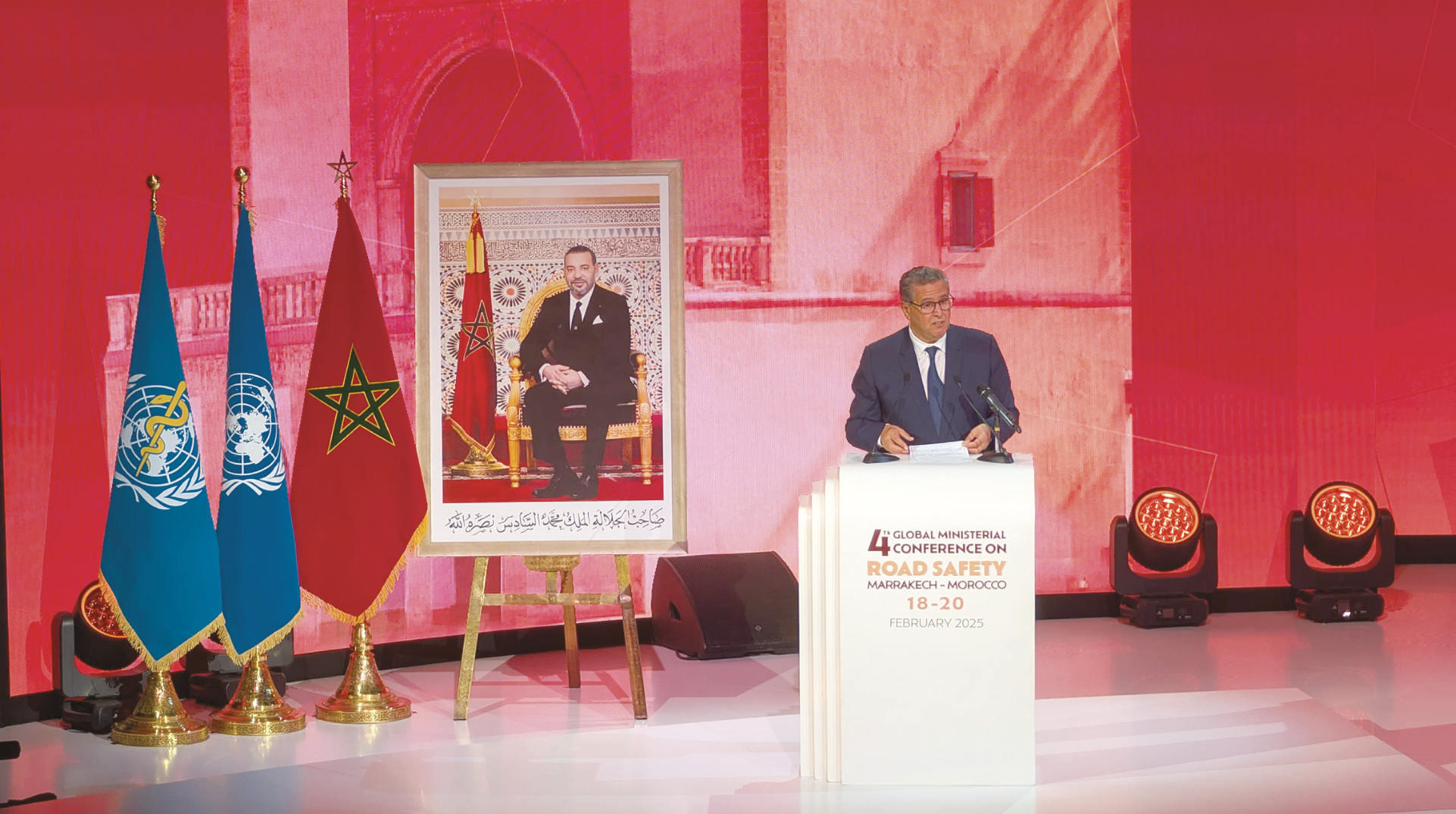
From February 18 to 20, all global efforts to combat road insecurity converged on Marrakech for the 4th World Ministerial Conference on Road Safety. Marking its first hosting on African and Arab soil, the gathering brought together official delegations led by over 100 ministers overseeing Transport, Interior, Infrastructure, and Health departments.
Further elevating its stature, this large-scale international event saw the participation of no fewer than 2,700 individuals, including nearly 600 high-level experts. Attendees sought to outline a global strategy to address a scourge that claims hundreds of thousands of lives annually, with an incalculable socioeconomic cost.
In this fight, Morocco asserts it is “resolutely committed” to standing alongside the United Nations and the World Health Organization to tackle this challenge, as emphasized by Head of Government Aziz Akhannouch during his opening address on Tuesday, February 18.
In his speech, Akhannouch highlighted Morocco’s prioritization of road safety as “a strategic pillar within its sustainable development agenda.” He underscored the measures Morocco has enacted to combat this issue, which costs the nation 1.7% of its GDP, including laws, projects, and initiatives forming part of a “strategic framework for road safety management.” Key efforts include adopting a new Highway Code, expanding automated traffic offense monitoring, enhancing vehicle technical inspections, and advancing driver training programs.
Complementing these steps, Morocco has also undertaken major projects to upgrade road infrastructure and modernize its transportation system across all sectors.
These sustained efforts have progressively improved the country’s road safety indicators, with ongoing work to consolidate these initiatives. As Akhannouch stressed, Morocco remains focused on strengthening its progress, particularly as it prepares to host major international sporting events—the 2025 Africa Cup of Nations and the 2030 World Cup—driven by “ambitious strategies rooted in secure systems” where “human safety and security form the foundation of sustainable mobility.”
Morocco Ready to Share Expertise with the Continent
Morocco’s multidimensional approach to combating this scourge extends beyond its own borders.
Considering that Africa accounts for no less than 19% of global road fatalities, Aziz Akhannouch emphasized that, as part of the continent, the Kingdom is prepared to share its experience with African nations to help them improve their road safety indicators.
Morocco is equally willing to share expertise in institutional road safety management, transportation system development, mobility solutions, and the integration of modern technologies, “while aligning with digital transformation and artificial intelligence processes.”
However, challenges in this field demand, as the Head of Government noted, “enhanced coordination of efforts, strengthened international cooperation, and the sharing of expertise on effective strategies.” In line with this, Morocco asserts its deep commitment to supporting initiatives led by the United Nations and the World Health Organization to combat road insecurity.
To bolster multilateral and bilateral partnerships, Moroccan Minister of Transport and Logistics, Abessamad Kayouh, held a series of meetings with foreign ministers attending the Marrakech conference. The goal was to strengthen cooperation, exchange best practices, and share road safety experiences.
Notably, the event—organized by Morocco’s Transport and Logistics Ministry in cooperation with the WHO—was set to culminate in the “Marrakech Declaration,” which will outline the framework for an international road safety strategy.
A ‘Prize’ for Road Safety
In addition to the meetings and exchanges that marked the opening of the 4th World Ministerial Conference on Road Safety, the launch of the “Mohammed VI Prize for Road Safety” stood out as a highlight. Endowed with a $500,000 fund, the prize will be awarded at all future editions of the Conference.
For its inaugural edition, the Prize was jointly awarded to the United Nations and the World Health Organization. This recognition reflects their roles and contributions in advancing strategies to combat traffic accidents.

